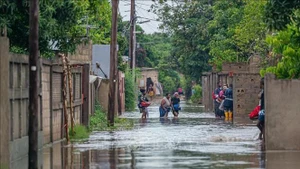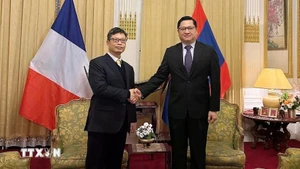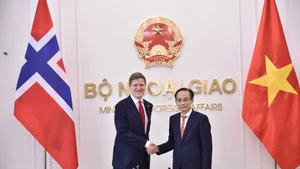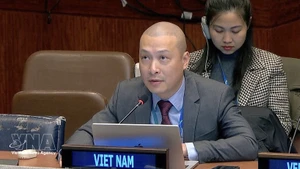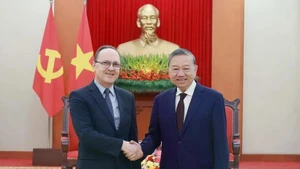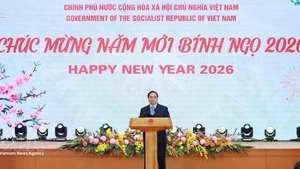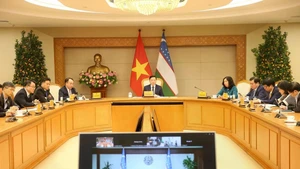The Governments of Viet Nam and Singapore on September 16 officially signed an implementation agreement under Article 6 of the Paris Agreement on climate change.
The agreement was signed online by Acting Minister of Agriculture and Environment of Viet Nam Tran Duc Thang and Singapore’s Minister for Sustainability and the Environment and Minister-in-charge of Trade Relations Grace Fu.
The signing affirms the two countries' pioneering role and strong commitment in international carbon market cooperation, making a substantive contribution to global efforts to tackle climate change.
Speaking at the ceremony, Thang stressed that the agreement provides a bilateral legal framework enabling Vietnamese organisations and businesses to register greenhouse gas emission reduction projects and generate carbon credits that are recognised and transferable to Singapore. He described it as a breakthrough that will unlock new climate finance, encourage investment in advanced technologies, promote emission reduction, clean energy transition, and sustainable smart agriculture, while moving towards a circular economy.
The official expressed his hope that Singaporean enterprises will actively cooperate and invest in projects in Viet Nam to generate high-quality carbon credits, thereby contributing to shaping a regional carbon market in which both Viet Nam and Singapore play a leading and connecting role.
For her part, the Singaporean minister said the signing of this agreement marks an important new area of cooperation between the two countries and opens up new opportunities in the transition towards a low-carbon economy.
She expressed her confidence that it will promote greenhouse gas mitigation activities, enhance regional cooperation in addressing urgent climate change challenges, and create new pathways towards sustainable development.
According to the Ministry of Agriculture and Environment, detailed information on project approval processes and the list of eligible methodologies will be announced in due course.
Bilateral cooperation between the two countries is expected to promote emission reduction activities, attract international capital flows into Viet Nam, and deliver tangible benefits for local communities, including job creation, improved access to clean water, enhanced energy security, reduced environmental pollution, and sustainable development, the ministry said.



